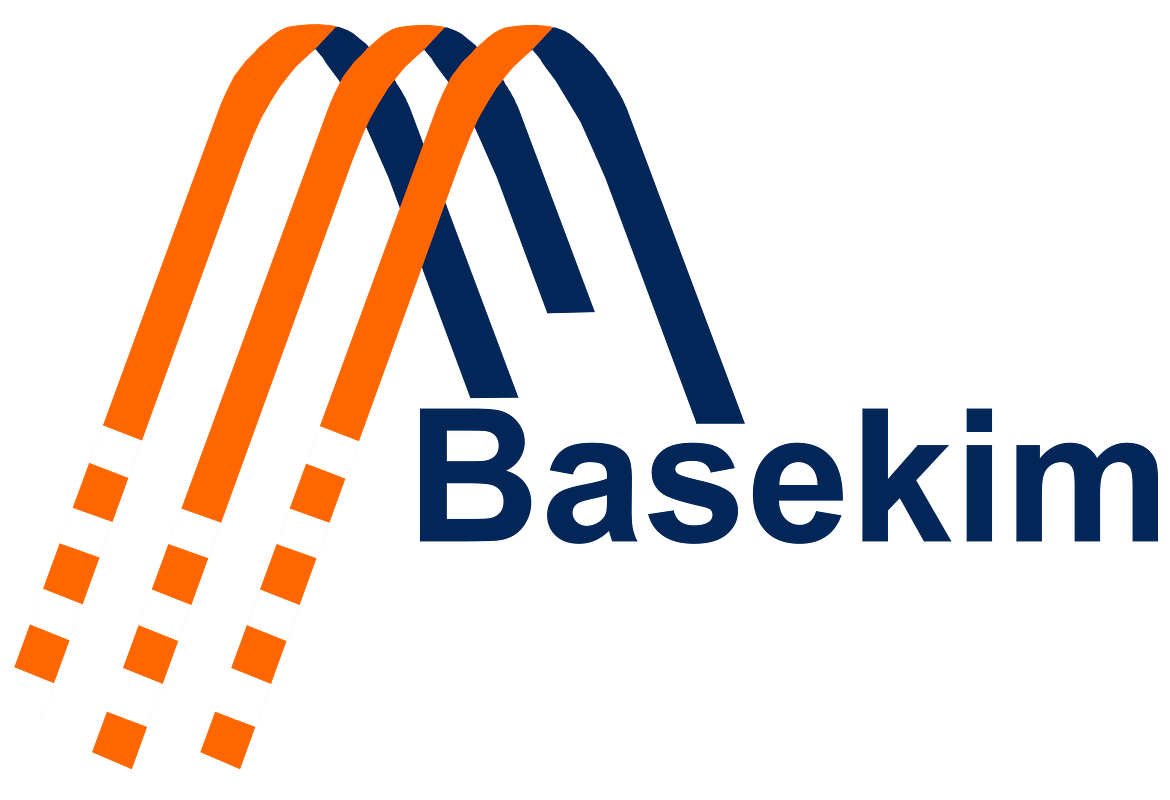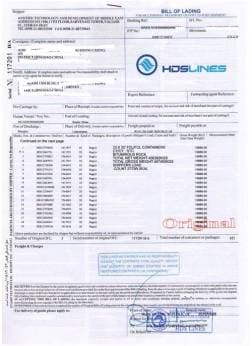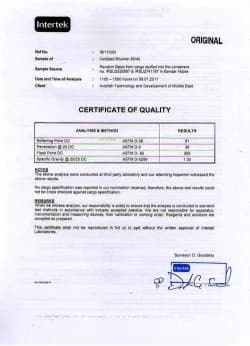PMB 70: Power-Enhanced Binder Crushes Weakness,Champions Road Longevity
PMB 70 redefines what’s possible for infrastructure built to last. Engineered for the most demanding road and industrial environments, this advanced polymer modified binder delivers unmatched strength, flexibility, and resistance to the failures that plague traditional surfaces. With PMB 70, say goodbye to costly repairs and hello to unstoppable durability.
Elite Properties: Why PMB 70 Dominates the Industry
What gives PMB 70 its edge for ambitious projects?
Softening Point (°C): 76–88 — Withstands intense solar radiation and traffic heat, preventing deformation even in peak summer.
Penetration @ 25°C (dmm): 65–75 — Maintains ideal elasticity, absorbing stress without sacrificing load-bearing power.
Elastic Recovery @ 25°C (%): ≥80 — Snaps back after heavy wheel loads, protecting surfaces from permanent grooves and dents.
Dynamic Viscosity @ 135°C (mPa.s): ≥4000 — Flows perfectly for fast, even mixing—no lumps, no uneven texture.
Ductility @ 25°C (cm): ≥55 — Handles high-stretch applications, including roundabouts and industrial ramps.
For buyers, these strengths mean fewer closures, longer asset life, and performance your competitors can’t match.
Where PMB 70 Excels: Real-World, High-Impact Uses
PMB 70 isn’t just robust—it’s tailored for modern infrastructure:
International Highways: Delivers a smooth, rut-resistant surface on major cross-border corridors where freight and traffic never stop.
Mega-Logistics Parks: Provides resilient loading zones for non-stop, heavy container movement and forklifts.
Extreme Weather Airstrips: Remains flexible and stable through rapid freeze-thaw and direct sun, reducing FOD and surface breakup.
Seaport Roads: Stands up to salt, loading stress, and rapid-turn traffic at maritime hubs.
Critical Urban Arteries: Keeps city boulevards open and safe, even under constant bus, taxi, and delivery pressure.
Every application highlights a different facet of PMB’s engineered toughness.
Expert Handling & Application: Making the Most of PMB 70
For PMB 70 to perform at its best:
Storage: Maintain at 145–170°C in fully insulated tanks; stir gently but continuously to avoid polymer stratification.
Application: Mix with aggregates in modern, PMB-optimized plants. Lay at 155–175°C for flawless surface bonding.
Surface Prep: Ensure all base layers are dry, clean, and free of contaminants before installation—no shortcuts.
Environmental Control: Apply only in stable, dry weather—avoid rain, fog, or rapid temperature shifts.
Safety: Equip all crew with PPE and follow Basekim’s updated PMB safety guidelines at every stage.
These professional steps guarantee that PMB 70’s full value is delivered on-site.
Manufacturing & Quality: Precision, Reliability, Excellence
PMB 70 is crafted through a process that leaves nothing to chance:
Intelligent Polymer Fusion: Advanced reactors blend polymers and bitumen at molecular level for a uniform, reliable matrix.
Laser-Guided QC: Every batch’s penetration, elasticity, and softening point are checked using digital instruments.
Adaptive Formulation: PMB recipes are customized for regional conditions—whether it’s Mediterranean heat or Baltic cold.
Traceability & Support: Every shipment is tagged with batch history and QC data; clients receive immediate technical support if needed.
Basekim delivers only products that exceed international performance and compliance benchmarks.
Packaging & Logistics: Ready for Any Project, Anywhere
PMB 70 arrives packaged for efficiency and safety:
Bulk Bitutainers: Direct bulk delivery for high-volume jobs and mega-projects.
Sealed Drums (200 kg): Export-ready, weatherproof, and easy to store or transport to scattered job sites.
Heavy-Duty Jumbo Bags: Minimize waste, simplify handling—especially for remote or temporary projects.
Your supply chain runs smoothly with Basekim—on schedule, every time.
FAQ: PMB 70
1. How does PMB 70 eliminate rutting and cracking under extreme traffic?
Its high polymer content and softening point prevent deformation and keep roads stable, even with heavy, constant use.
2. Is PMB recommended for airport and seaport pavements?
Absolutely—PMB is designed for dynamic loading and environmental challenges unique to airstrips and portside roads.
3. What are the best storage conditions for PMB?
Store at 145–170°C in insulated tanks; regular stirring prevents polymer separation and maintains full performance.
4. Can PMB be adjusted for my project’s climate?
Yes, PMB 70 can be custom-formulated for the specific temperature range and weather of your job site.
5. What packaging formats can I order PMB in
Bulk, 200 kg drums, and jumbo bags—all tailored to your logistical needs and delivery preferences.
Table of Contents
Technical Specifications
| Property | Typical Value |
|---|---|
| Penetration @ 25°C (dmm) | 65–75 |
| Softening Point (°C) | 76–88 |
| Elastic Recovery @ 25°C (%) | ≥80 |
| Ductility @ 25°C (cm) | ≥55 |
| Dynamic Viscosity @ 135°C (mPa.s) | ≥4000 |
| Loss on Heating (%) | 0.2 Max |
| Flash Point (°C) | 245 Min |
| Solubility in CS2 (%) | 99.0 Min |
| Storage Temperature (°C) | 145–170 |
| Appearance | Deep black, elastic |


